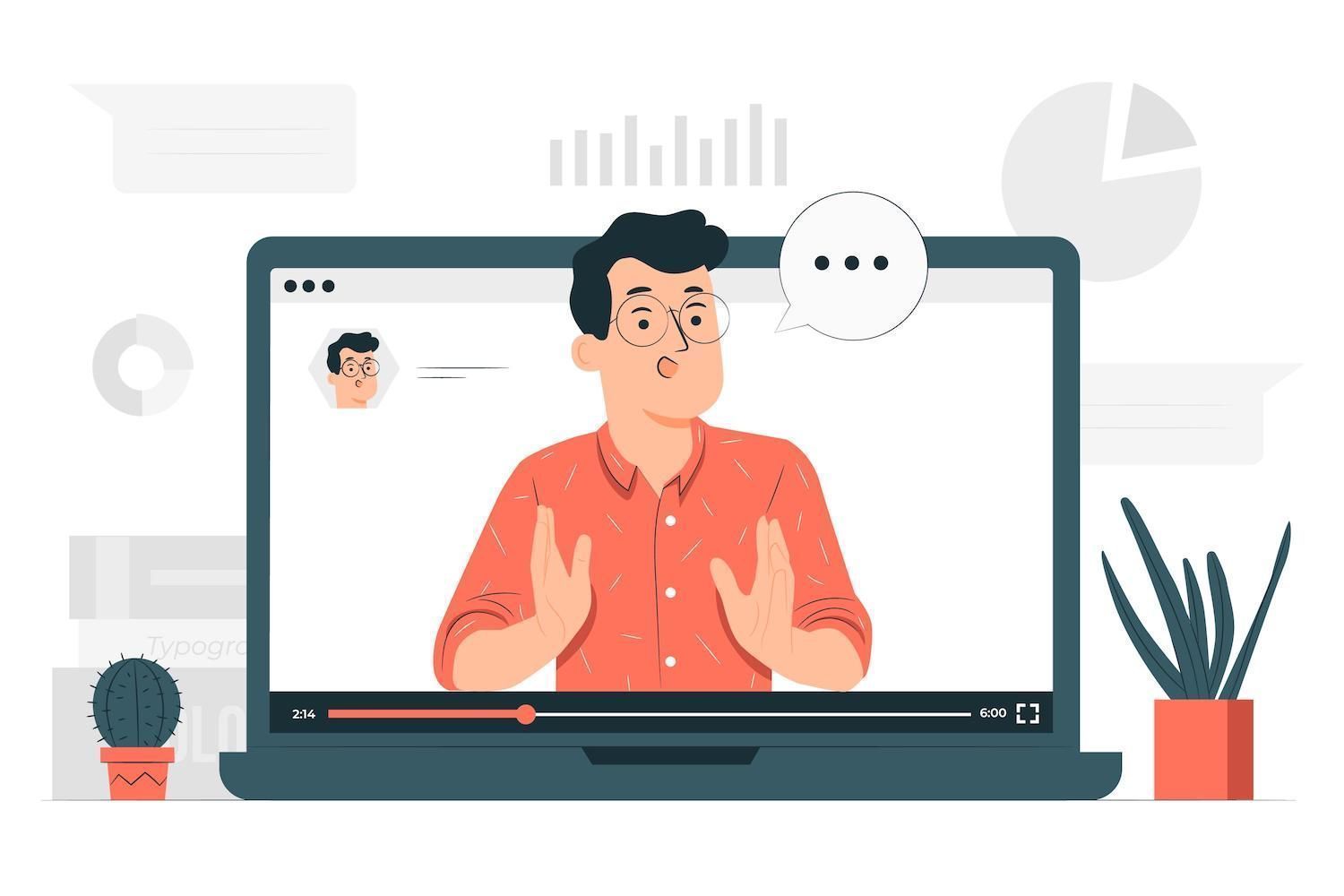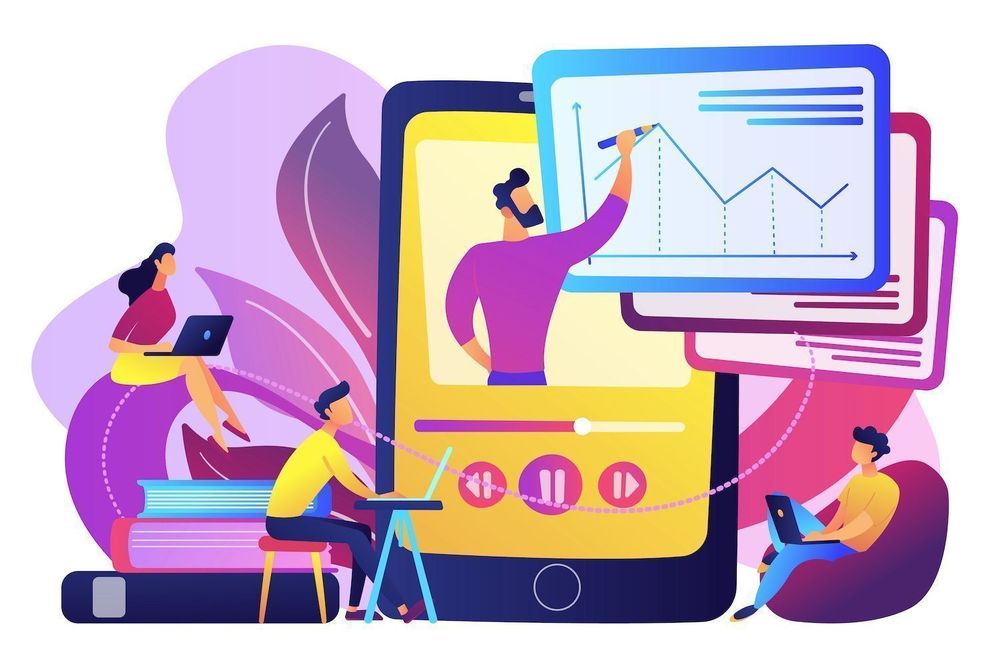What's the Epic needs concerning App Stores? What are the other items that game developers truly require? -
In a time when games for mobile and mobile app creators are struggling to ensure that their businesses are up and operating due to the duopoly tax, which means gamers have contributed a large part of the revenues generated through mobile gaming all over the world. Epic Games has emerged as the top gaming company with a goal of developing new opportunities for mobile gaming.
Players from a group were asked by both small and large game companies what they'd like to observe in the game. The following are the results they received.
Background: The slow demise of Open Computing, and the 30% tax that applies to applications
The computing world has never been more accessible than it is right now. The development of video games as well as its creators depended on the technology of computing that computers had, and was accessible at no cost both PC in addition to Mac platforms. Game developers could develop games as they'd like to, establish close connections with their customers and choose the appropriate payment options for their game. It was not necessary to hire security staff. All you needed was computers and players. The way we live has changed.
Presently, over half of the time screens are used to work is done via smartphones. This percentage is increasing. In addition, almost 100percent of the smartphone market is evenly split between Apple as compared to Google. The rise of smartphones as well as the limits on internet-based commerce The technology for open computing has been put at higher risk than before. The result is significant expense both for the users and developers of apps and games.
Two of them Google apps and the Apple App Store are each paid an amount per month of 30 percent for any game available on their respective platforms. Apple is the sole company offering gaming distribution and shopping online on iOS devices. However, Google allows OEM marketplace applications as well as gaming on mobile devices. However, it does not allow payments through gaming apps that are third party games, to games which are available through Google Play.
Google Play offers an integrated payment feature which businesses that aren't associated with Google Play can make use of up to a limited percent of game creators via"user choice billing. " user-choice billing" trial. However "user preferential billing" has a steep cost, which can vary from 26% to 36 percent, regardless of your preference to utilize your usage of the service yourself. Your responsibility is to accept all risks and liabilities associated with paying.
The result of Apple as well as Google's dominance over large chunks of the market worldwide in computing is that it will be taxed in addition to the existing 30% mobile tax. gaming as well as applications paid by users. The tax has detrimental effects on game designers and their creations, reducing the access of computers and commerce. Given the adverse consequences of open computing, the creators of every game think that they should change their approach.
What are the games' characteristics that developers don't have? Epic?
The group embarked on the lengthy journey, which lasted just about a minute to speak with studios big and small for a discussion of issues that they'd like to alter the rules that govern mobile games. There was disagreement among the participants on everything discussed. Here are the three issues they debated as a team that they'd like to see changed:
1. iOS to support sideloading games that don't display screen that show scare messages.
iOS can only be used at specific time periods "sideloading" games and applications which have downloaded their games from through the App Store, the official website of the developer or from another market than that they're currently on. It allows players to buy the game and also allows game developers to create their own games in whatever method they'd like as well as the rules that they're willing to adhere to. Android permits sideloading applications along with games accompanied by warnings comprised of "scare screens" alerting users of mobile phones about the risks that come with "downloading apps from websites." Most game designers that they spoke to were of the opinion that Apple might allow sideloading to be permitted also. Apple as well as Google do not have the right to employ large screen sizes that are self-service and denounce access to apps on other sites that have an app store on their own.
2. Unrestricted "steering" and integrated payment that is made via a third party system of payment.
The two businesses Google along with Apple both have restrictions on price, as well as the services offered by third-party payment providers that cannot be found on the marketplaces for apps. It is likely that items will be purchased for a reasonable price buyers, but game makers aren't able to direct users towards these payment options or provide links to other payment options or incorporate the services of an outside source into their games. The majority of game creators have spoken about the advantages of stores that sell products. One of the main reasons is that it gives players and gamers the chance to choose and circumvent the restrictions of payment.
3. It's free to drive. It's embedded in a payments.
Control and payment integration in the system is a very interesting feature. The method Google uses with"user bill option" is fascinating "user bill alternatives" pilot. It's possible to complete things and receive financial compensation to accomplish the task are two separate aspects. This trial will test the feasibility of "user alternative for payment of bills" which has a price at $26 per transaction that are performed through third party payment service companies. This is in addition to the costs of their service, but it's not an advantage to the majority of game designers. The game designers we spoke to were of the opinion that 0 was the most affordable cost for transactions that aren't able to be obtained through apps stores. The majority of them would have to offer different rewards to gamers in exchange for games that would increase downloading of games and their use. But, the number of 26% on a third-party transaction during the timeframe doesn't support the belief that the developers of the game believed it was an excellent idea.
What's next?
There's an array of issues that are specific to and particular about how applications operate. While developers would like to talk about these issues however, they're not keen on discussing. Three of the most urgent demands form the foundation of their views on what they believe to could be the most fundamental changes in open computing for mobile devices.
About

David Nachman David is the director of a well-established and reputable full-service company that provides E-commerce services to companies that sell software. David is charged with managing the growth of the business based on its history of providing effective online services to the expanding market for software. For the last 20 years, David has held different position, including chief executives as well as functional vice-presidents at businesses that are experiencing rapid growth such as Vision, Velocify, and HireRight.
The very first time that this piece was released, it was on this web site.
The article originally appeared on this web site. the site
The article was first published on this site.
The article appeared on this website.
Article was first seen on this website
The original post appeared here. here
Article was first seen on here
